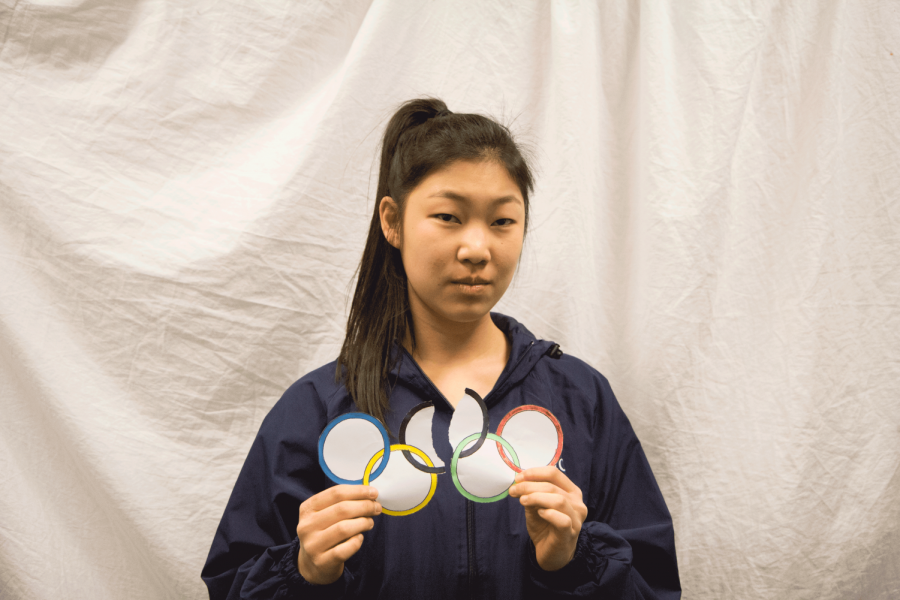Olympics: a unifying force between divided nations
In My Opinion
March 1, 2018
After years of rising tension, political strife and military aggression, North and South Korea put their differences aside and walked under a common flag that displayed the peninsula as one nation during the opening ceremony of the 2018 Winter Olympics. In what seemed a gesture of peace and unity, this may be the prelude to a thawing of relations.
Their hostile relationship dates as far back as the mid-19th century, as a communist regime emerged in the North and a democratic government in the South. Ever since, their ideologies and geopolitics have put them at complete odds. The two countries thus took the world aback when they marched together behind a unification flag—the first time at the games by nations of a divided peninsula.
The parade of nations was followed by the performance of Arirang, a traditional folk song that dates back to long before the Korean peninsula became divided in 1945. This unofficial national anthem captures the Korean culture and spirit, as it speaks to all Korean people regardless of age or background. As a result, when the song was performed on Feb. 9 during the opening ceremony, it expressed the tragedy of two separate nations that were once one.
South Korean figure skaters Min Yura and Alexander Gamelin further expressed these sentiments when they skated to the song for their lyrical dance. Those in the crowd were filled with a sense of nostalgia and melancholy, and came together to show their support for the pair. This demonstrated that Arirang had become more than simply the pair’s background music.
A display of unity between North and South Korea was evident during the debut of the unified Korean women’s ice hockey team as well. Despite losing its first game against Switzerland, the team bore the symbol of reconciliation and cooperation between the two nations. That night, the stands were packed with fans, who were not concerned with the score and instead waved unity flags to remind the team that they were gathered as one.
In spite of the large turnout and unity present at the hockey match, such instances of solidarity have been met with backlash. Much of the South Korean community, for example, petitioned against the joint ice hockey team and have appeared at the games with South Korean flags. Many have also claimed that the rapport, compromises and cooperation among the two nations are merely a political stunt or an illusion of unity rather than an actual easing of tensions.
Regardless of such opinions, there is no doubt that North and South Korea have made breakthroughs this Olympic season by having a joint women’s ice hockey team and marching as one nation since its division. It was only a few months ago that doubts arose concerning whether Pyeongchang could host the Games because of growing hostility over North Korea’s ballistic missile program, but the Koreas seem to have been able to forge closer relations during this event, even though they are officially at war. This demonstrates that despite being a sporting event, the Olympics have the power to unite even the most divided body politics. They are now one step closer to alleviating tensions within the peninsula—or maybe even becoming one nation in the long run.




























































